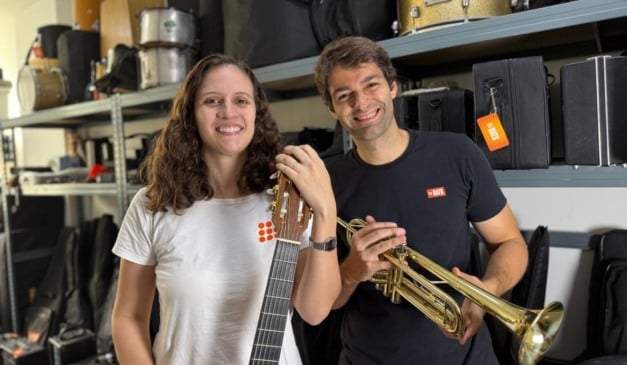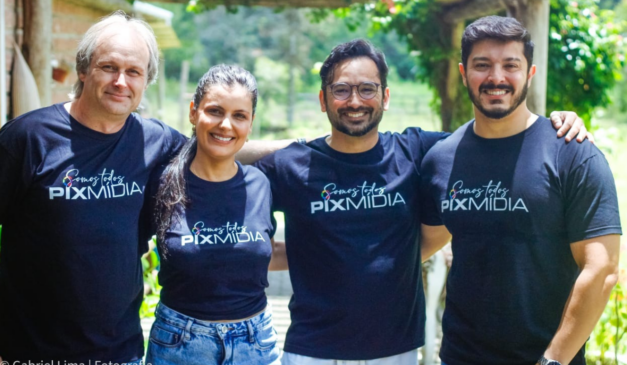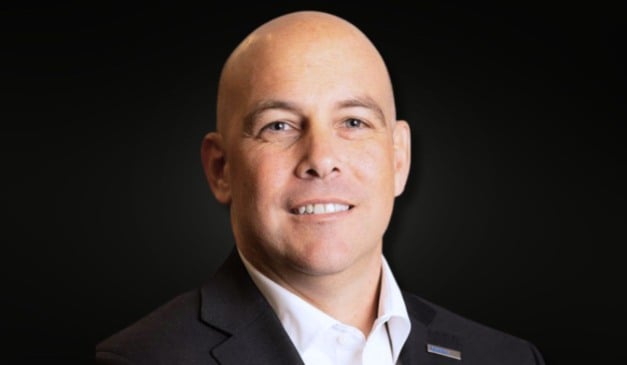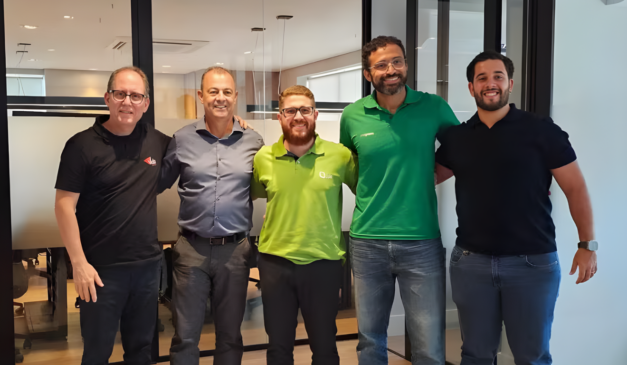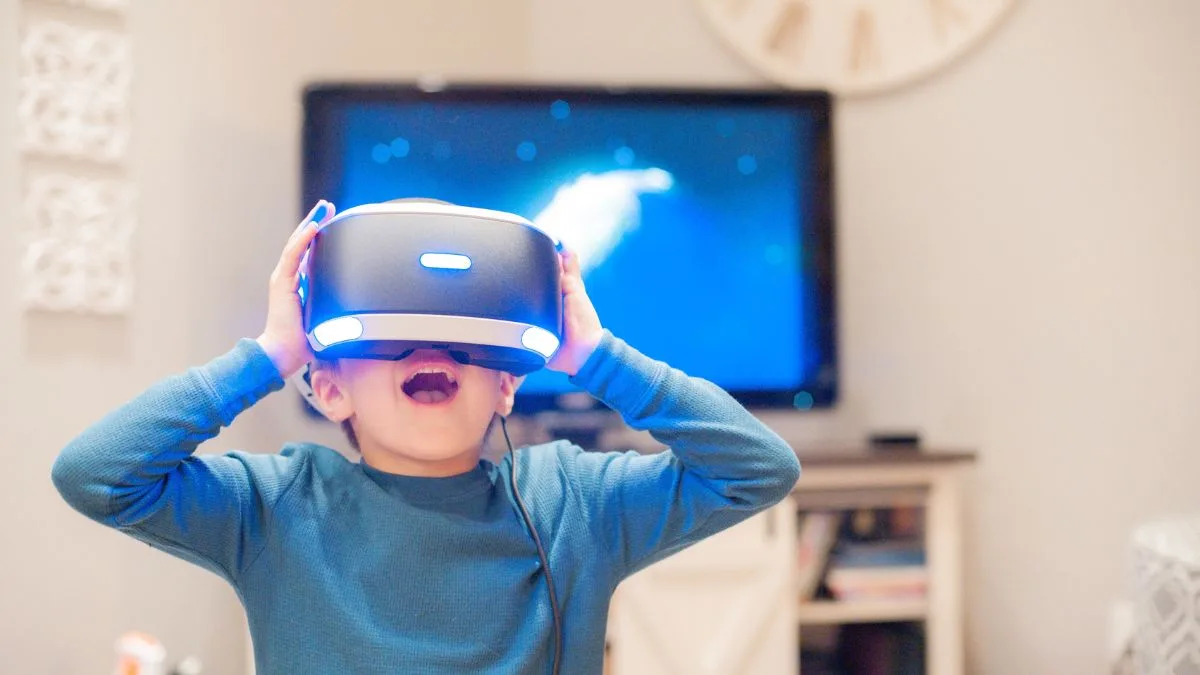
Based in Silicon Valley, Legathum (which means legacy in Latin), a startup created by Brazilian entrepreneur Deibson Silva is expanding the business and placing its bets on a different sector. The company, which creates metaverses to store memories and make them accessible in the future, launched its first metaverse education platform for schools and universities.
Brazilian school Colégio Carlos Chagas Filho, known for its 24 years of tradition and innovation in education in São José do Rio Preto (São Paulo), is the first to incorporate the technology.
In addition to providing themed classes, which transport students to historical events through the metaverse resources, theory classes will become experiential classes. Avatars of historical personalities such as Albert Einstein and Aristotle, whose knowledge, memories, and personalities were mapped and recreated in the digital environment, are the main bet to hold students’ attention.
“We chose education because it is the basis of technology and advances for humanity and one of the most interesting and productive fields for the metaverse. With this technology, education is taking a unique leap into the future”, says Deibson Silva, Legathum’s founder, who is also a neuropsychologist.
Silva himself taught the first class in the metaverse. The theme was “The Positive Impacts of Technological Innovation on Human Connections”. The class was held at the end of August, live from Silicon Valley, for over 3,000 students.
“The students were fascinated with the class, exceeding our expectations. I presented the technology, and they were able to attend the class in the metaverse with Albert Einstein’s avatar”, said Silva in an interview with Startups. According to him, the plans are to expand the technology to other schools and not just use historical characters. The teacher will have his own environment in the metaverse and will be able to teach his class in a hybrid way.
About Legathum
The company, created from a research project by the Brazilian neuropsychologist in partnership with 12 other professionals trained at the University of Berkeley in California, increased its revenue significantly by developing virtual environments for companies and now schools. The goal, according to Silva, is to make more than $2 million by the end of the year.
The business was born from another project by Silva created in 2013. A behavioral profile mapping software that has been used by more than 1.5 million people worldwide. After selling the business, he began working on the project to map the conscious mind and create what he calls meta homo sapiens. The argument is that people put their perceptions, feelings, experiences, and knowledge in the virtual world and through artificial intelligence, this can come to life. “It’s not just an animation, but to gain consciousness,” he says.
Having learned how a person thinks and acts, the avatar can take over their legacy the day she dies – hence the name of the company being Legathum.
The company started operating with Silva’s investment after he sold the departmental software company, another business, his car, and other assets to bet on the new initiative. With 28 employees and operations in four countries, the company is about to receive a “million-dollar investment” from an Arab group. But he still does not give details about the funding.
(translation by Gabriela Del Carmen)


